A Simple Guide To Carb-Loading
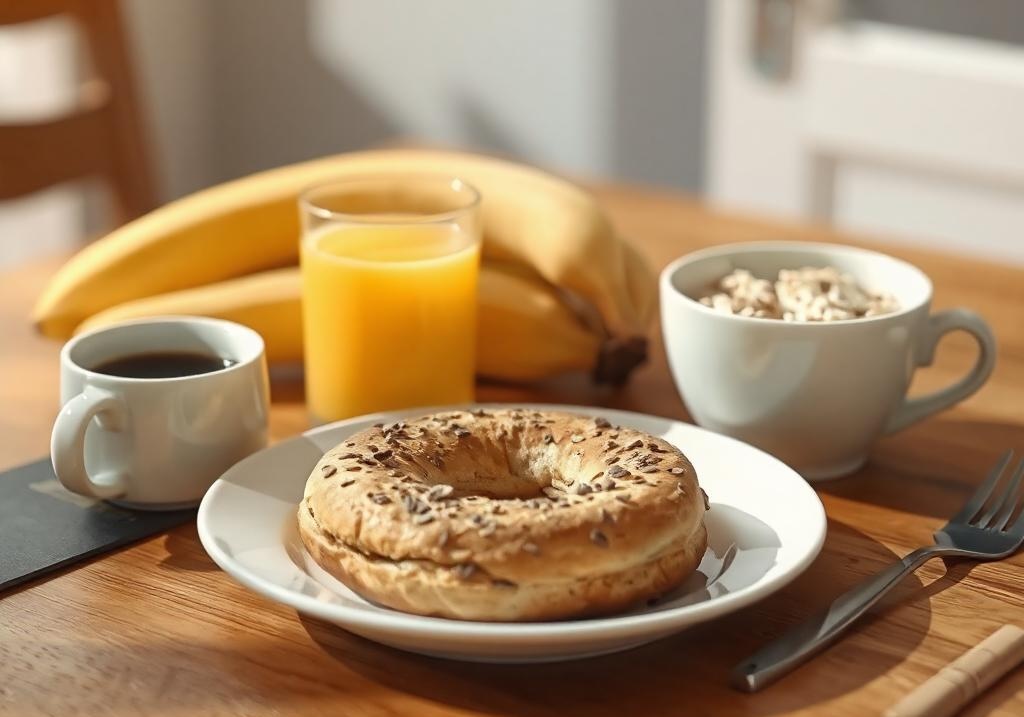
Carb-loading is an essential part of the final days of preparation for a marathon or long endurance event, but it can be complicated and confusing so we’ve put together a simple guide to everything you need to know about carb-loading for a race.
So what is carb-loading, how much should you eat and what should you eat?
You Carb-Loading Cheat Sheet
Here’s all the basics that you need to know, and we cover each of these in more below.
- Start carb-loading 48-60 hours before your race.
- Aim for 6-12g carbs per kilogram of bodyweight, per day. You will need to practise this in training to see what amount works for you.
- Carb loading doesn’t mean over-eating. Don’t dramatically increase calories, just reduce the fat and protein you eat, and increase carbs.
- Good carb sources include rice, pasta, pizza, potatoes, bread, bagels, oats and bananas, but choose foods which you enjoy eating (jump below for an example day of carb-loading).
- Drink carbs in the form of energy drinks, fruit juice and (non-diet) sodas, or add some sugar to your tea or coffee.
- Consume carbs throughout the day, including snacks, otherwise it’s a lot of carbs to have across three meals.
- Remember that carb-loading is ultimately going to help you in your marathon because carbs equal energy, meaning you can run further before you fatigue.
- It’s important to practise increasing carbs during training ahead of all your long runs.
- Here’s a carb-calculator for during your race but it works during your carb-load as well.
What is Carb-Loading?
The body’s primary source of energy is glycogen, which it gets from the carbohydrates we consume. The body converts the carbs we eat and drink into glucose, which are stored as glycogen in the muscles and liver. Before a long endurance event we need to make sure we’ve loaded our muscles with glycogen, just like we need to fill the car with petrol before a long drive.
The average body can store around 600g of glycogen, which equates to around 2,000 calories of energy expenditure. It’s important that we arrive at the start of a marathon with a full store of glycogen to give us the energy we need to delay hitting the wall in the race.
What Are Good Sources Of Carbohydrates For Runners?
When you’re in a carb-load then any and all carbohydrates that you enjoy eating and drinking are good!
Most common choices are rice, pasta, pizza, potatoes, sweet potatoes, bread, bagels, oats, cereal, bananas, dried fruit, yogurt, honey, maple syrup, candy, energy bars, energy drink, soda… You can have any source of carb that you like, just try to pick choices which are lower in fat or protein – so choose the margarita pizza over the meat feast, or a tomato pasta sauce instead of a creamy one.
Some people find that simplicity is best for them and helps to avoid stomach discomfort on race day, this can mean that they consume almost exclusively plain white race for a couple of days (it’s worth it for a PB, right?!). Others can have a very varied diet and still feel fine in their race. You have to practise this in your long runs.
When Should You Carb-Load?
The general advice is to begin carb-loading 48-60 hours before your race. So that means if your race is on Sunday morning, your specific carb-load starts on Thursday evening or Friday morning, finishing with your pre-race breakfast (we’ve got some pre-run breakfast ideas here).
For your long training runs you don’t necessarily need to do a full carb-load, but you should be using the same tips and increase your carb intake the 24 hours before the run. Also have the same breakfast you plan to eat on race day. It’s really important to practise this to know what foods work for you.
There used to be old advice to do a carb depletion in the days before a carb-load, but this is no longer the general advice and is not necessary.
How Many Carbs Should You Eat When Carb-Loading?
Aim for 6-12g per kilogram of bodyweight per day.
So if you weigh 60kg (130lbs), that’s 360-720g, or for a 90kg (200lbs) person it’s 540g-1080g. That’s a very wide range, and the top end of that is a lot of carbs (for reference, a whole Neapolitan-style 12-inch pizza is around 120g carbs, and two bagels is 80-100g).
If it’s your first carb-load then aim for the low or middle end of this range in training or on the first day of the carb-load (6-8g per kg), and if you feel OK and can handle some more, then add extra carbs later in the day.
Everyone responds to carbohydrates in different ways. You need to choose the carbs that you enjoy and which you know you can digest well. If pasta doesn’t work for you, eat rice. If you don’t like oats, have bagels.
Why Do We Consume This Many Carbs?
The body can hold around 600g of glycogen, so why are we trying to eat more than that?
The body doesn’t just use glycogen during exercise and it’s the fuel we use for everything that we do, with our brain using a huge amount of it every day. So while we’re eating more carbs, we’re also constantly using them up.
The aim is to store an optimum amount for our own body over two days because we’re going to be needing it all when we run a marathon.
An Example Day of Carb-Loading
Here’s an example of what a day of eating and drinking might look like if you’re carb-loading and aiming for around 500g or 750g of carbs. Add your choices of lean protein, fats and fruits and veg to these meals, but remember a carb-load is all about the carbs and you don’t need to be adding lots of extra calories from fat.
| MEAL | 500g CARB-LOAD | 750g CARB-LOAD |
| Breakfast | Large bowl of oatmeal (50g) with banana and berries (40g) Large glass fruit juice (30g) | Two bagels (80g) with nut butter, banana and jam (50g) Large glass fruit juice (30g) |
| Morning Snack | One bagels with nut butter and jam (50g) | Bowl of yogurt with granola and dried fruit (85g) |
| Lunch | 250g cooked white rice (70g) with your choice of protein and toppings | 250g cooked white rice (70g) with 200g sweet potato (40g) and your choice of protein and toppings |
| Afternoon snack | Energy bar (40g) | Large bowl of cereal (50g) with banana (25g) |
| Dinner | Margarita pizza (120g) | Large bowl of pasta and side of garlic bread (160g) |
| Dessert | Couple of biscuits or some sweets (25g) | Large serving rice pudding or ice cream (50g) |
| Additional drinks | 1 litre energy drink (100g) | 1 litre energy drink (100g) |
| Total carbs | 525g | 740g |
Don’t Forget Hydration (And Don’t Worry About Feeling Bloated)
Being hydrated ahead of a marathon is just as important as being carb-loaded.
Aim for around three litres of water or other fluids (like energy drinks) per day during your carb-load, and remember to add some electrolytes to them.
One thing to know is that for every gram of carbs you eat, your body holds onto 3g water, so you may feel a little bloated in the peak of the carb-load. Don’t worry about this because all that extra water is going to help delay dehydration during the race.
Things To Avoid When Carb-Loading?
Over-eating. This isn’t an eating competition and you’re aiming to gradually take on enough calories to help you in your race. Don’t try to eat 400g of carbs in one go or you aren’t going to feel well!
Don’t try and get all your carbs eaten in the final meal. Spread it out over two days.
Don’t eat too much fibre or fat, and in the day before your race avoid any foods which you know might cause you any stomach discomfort.
Don’t eat food you don’t like. You’ve got to eat a lot of carbs so choose your favourites. This is the same advice for the meal you eat the night before your race, and your pre-race breakfast: these are meals you’ll eat numerous times during marathon training, so make sure you pick foods you like!
***
Do you have any advice to share about carb-loading? Any mistakes you’ve made that others can learn from? Any favourite pre-race meals?


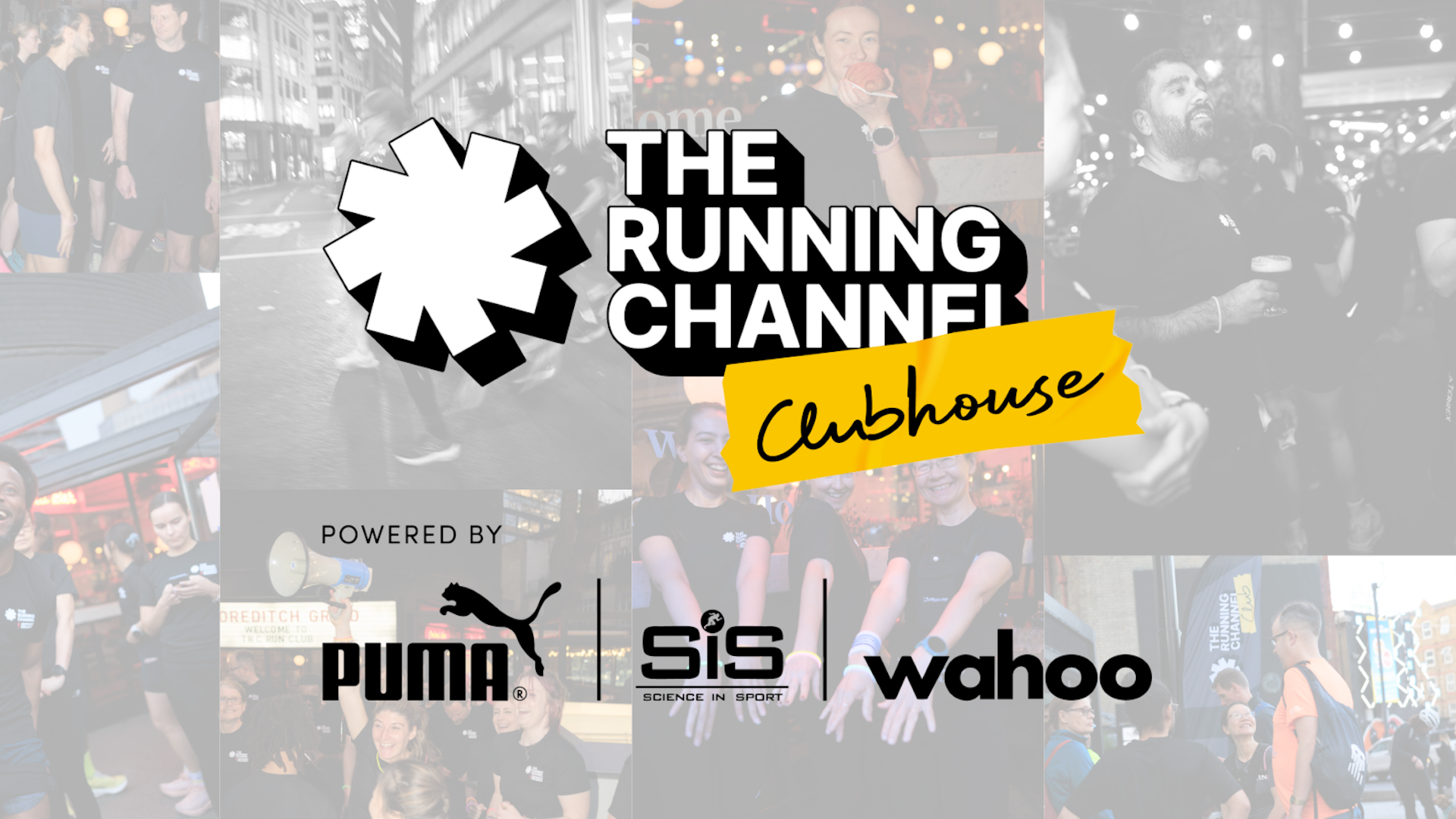


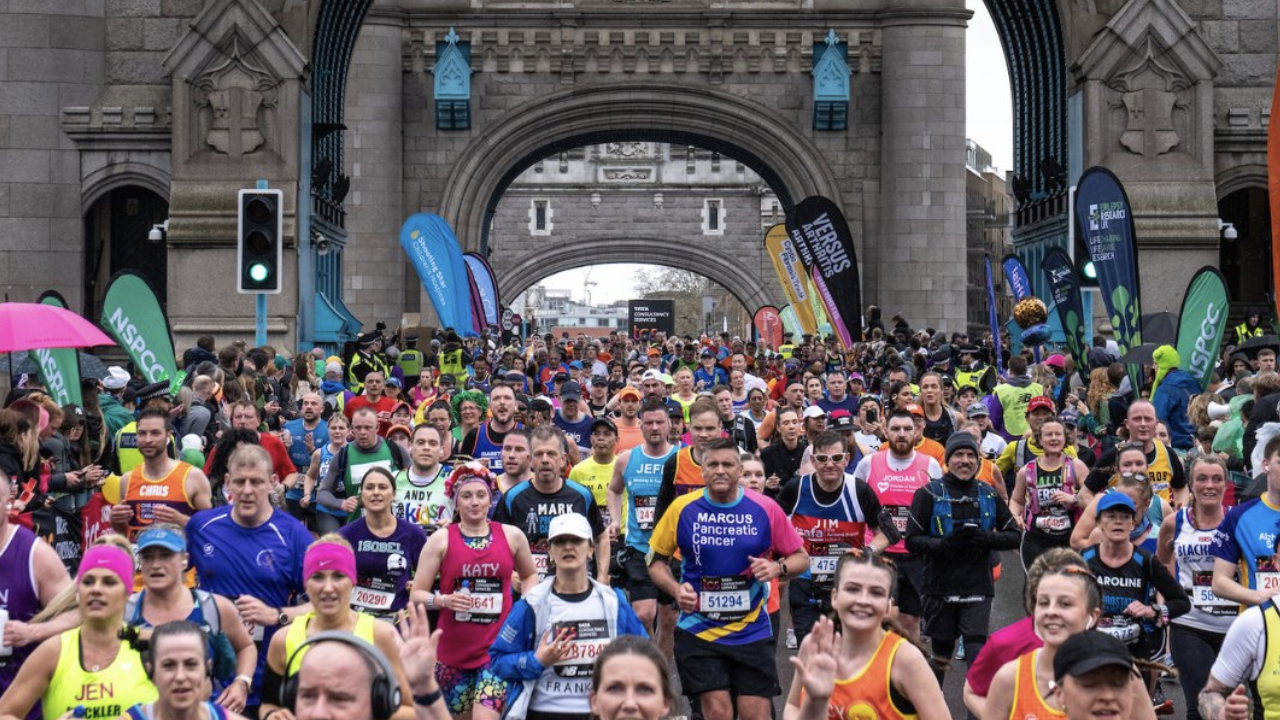



















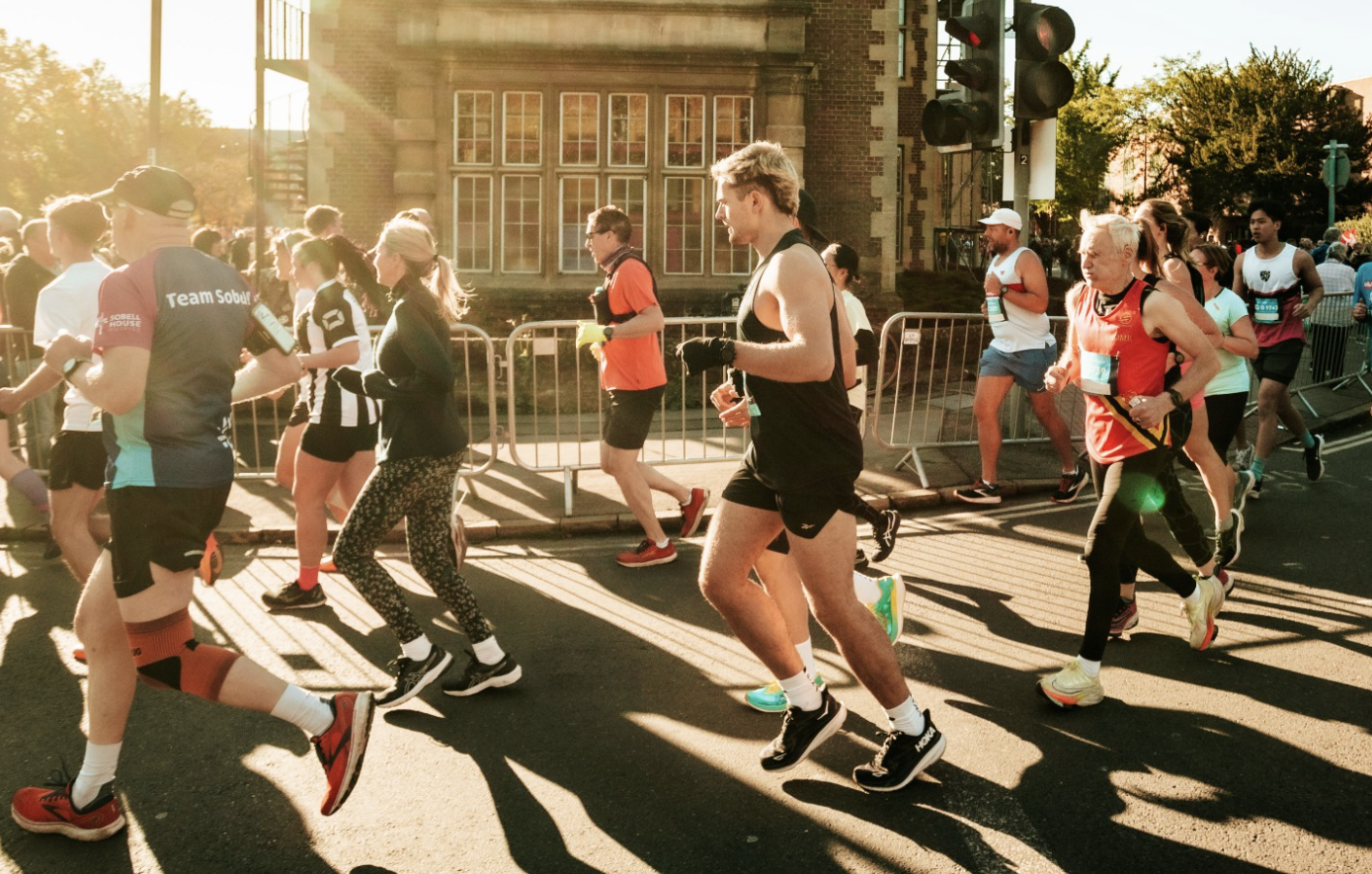

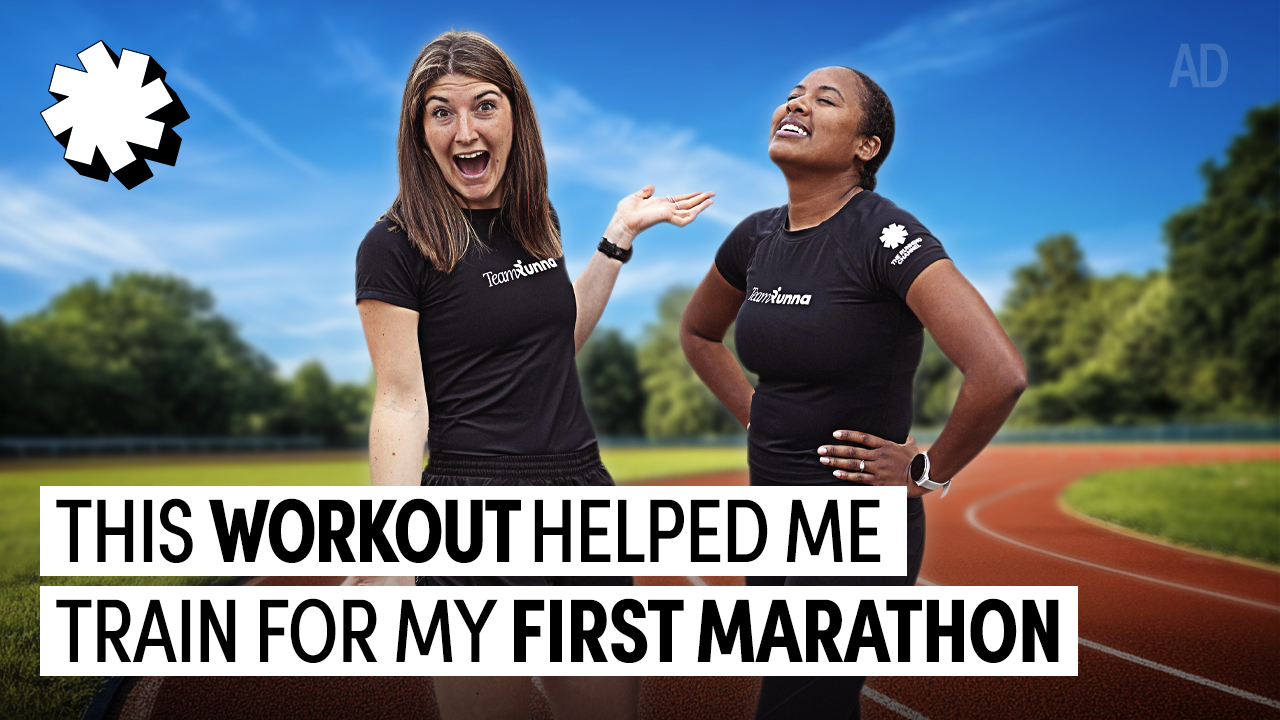

Running News
Ingebrigtsen Stars at World Athletics Indoor Championships 2025 – Plus All The Winners!
Sam Ruthe Is First 15-Year-Old To Run A Four-Minute Mile!
Eliud Kipchoge Will Run The 2025 Sydney Marathon!